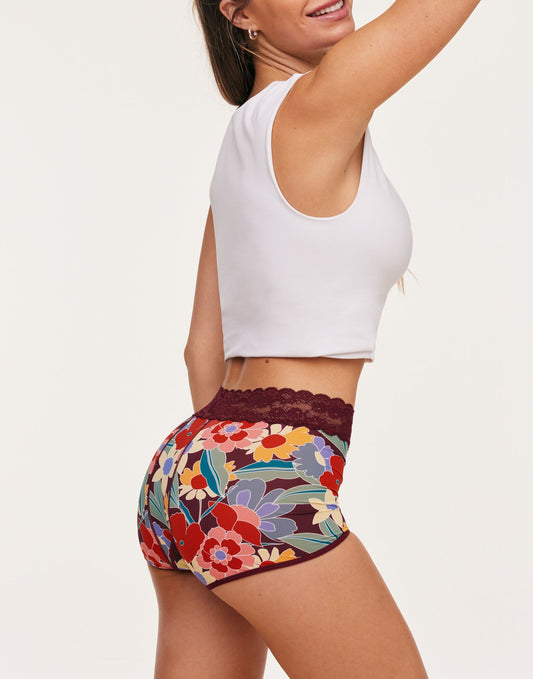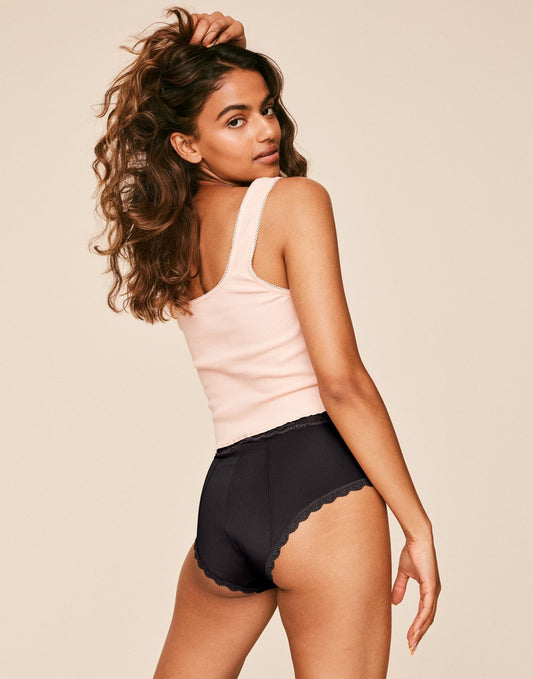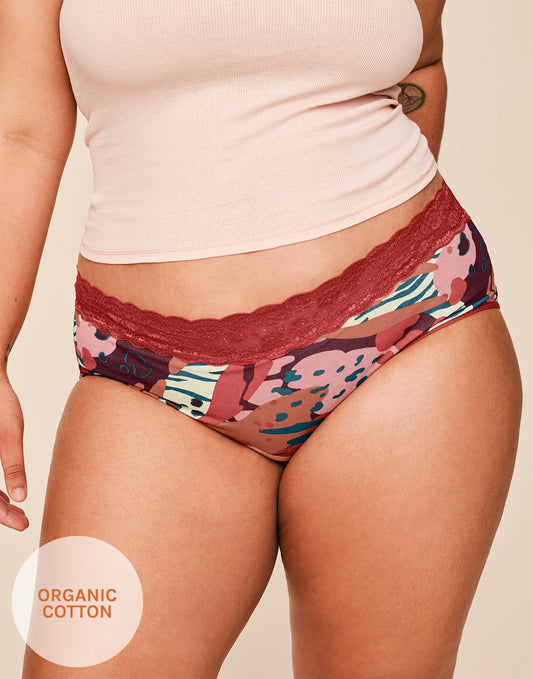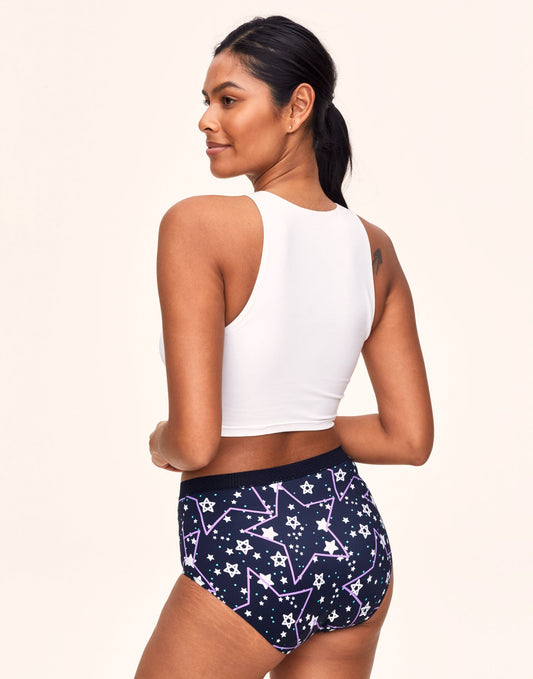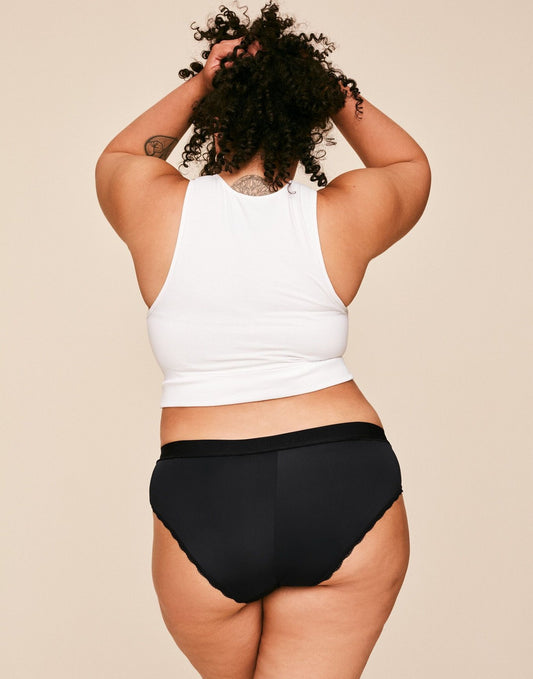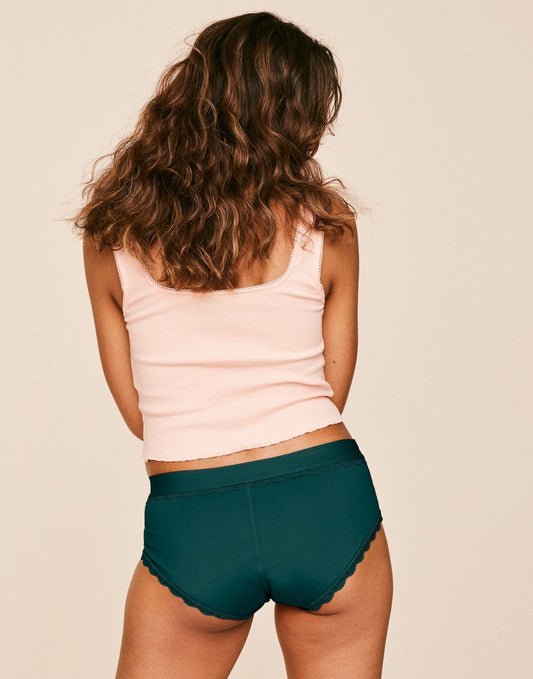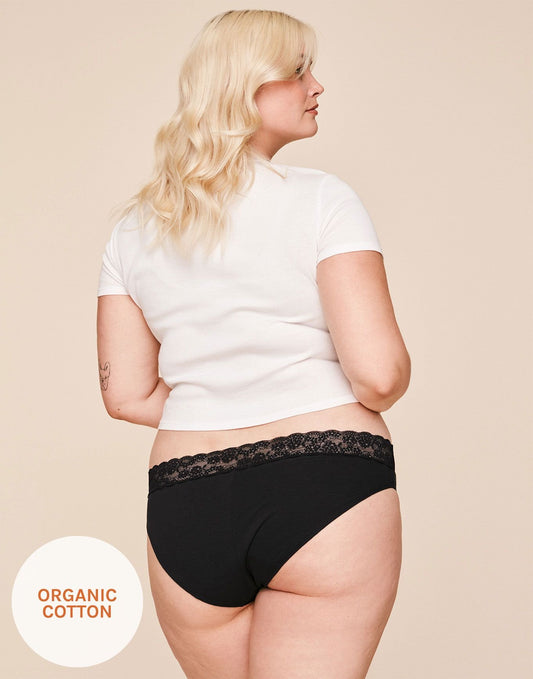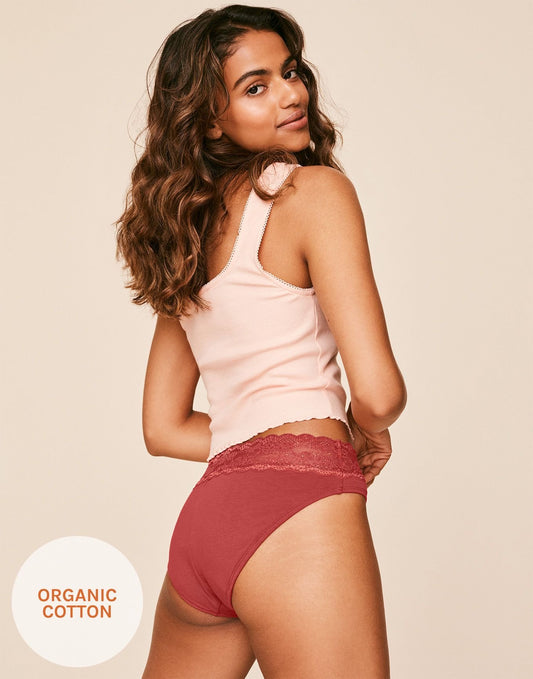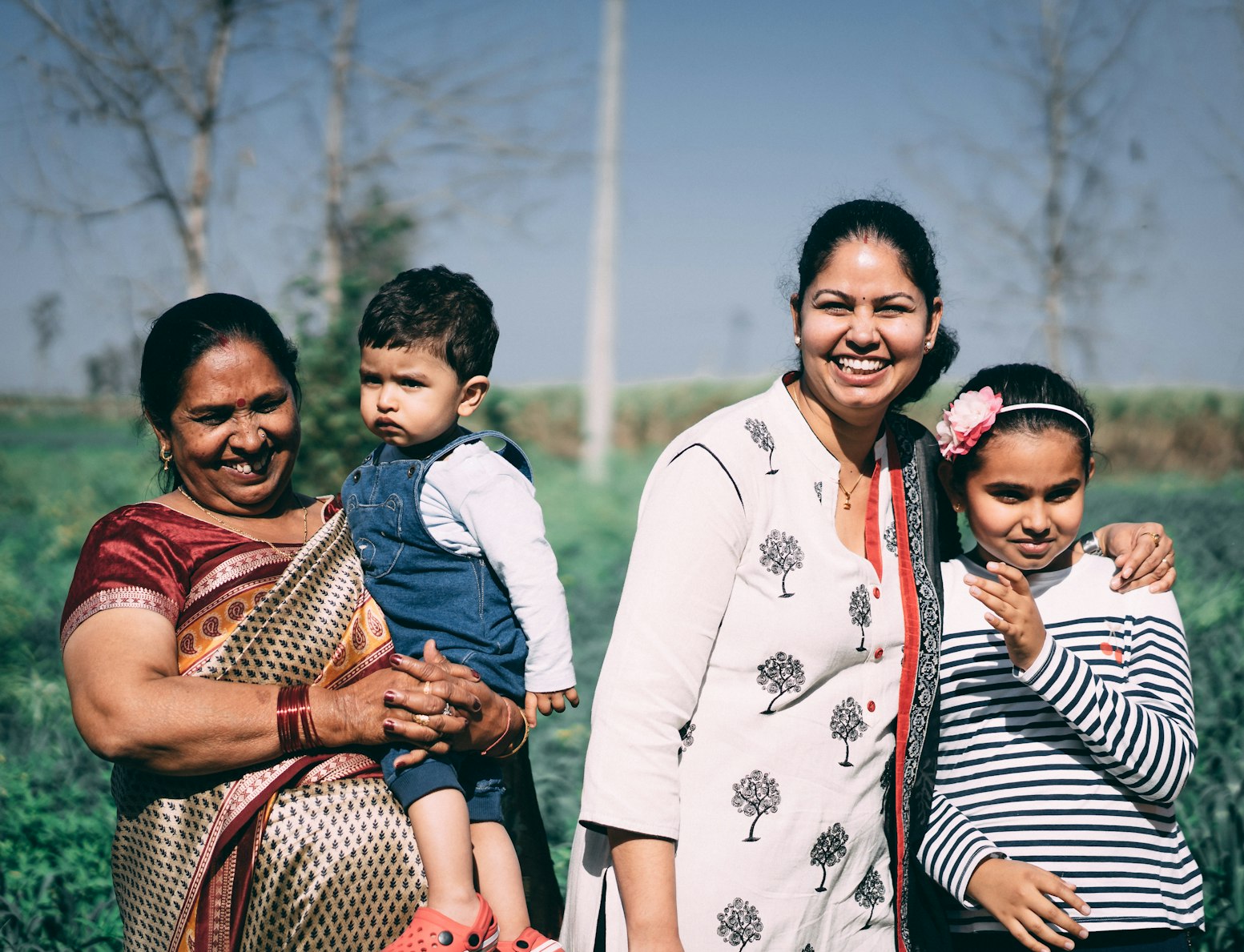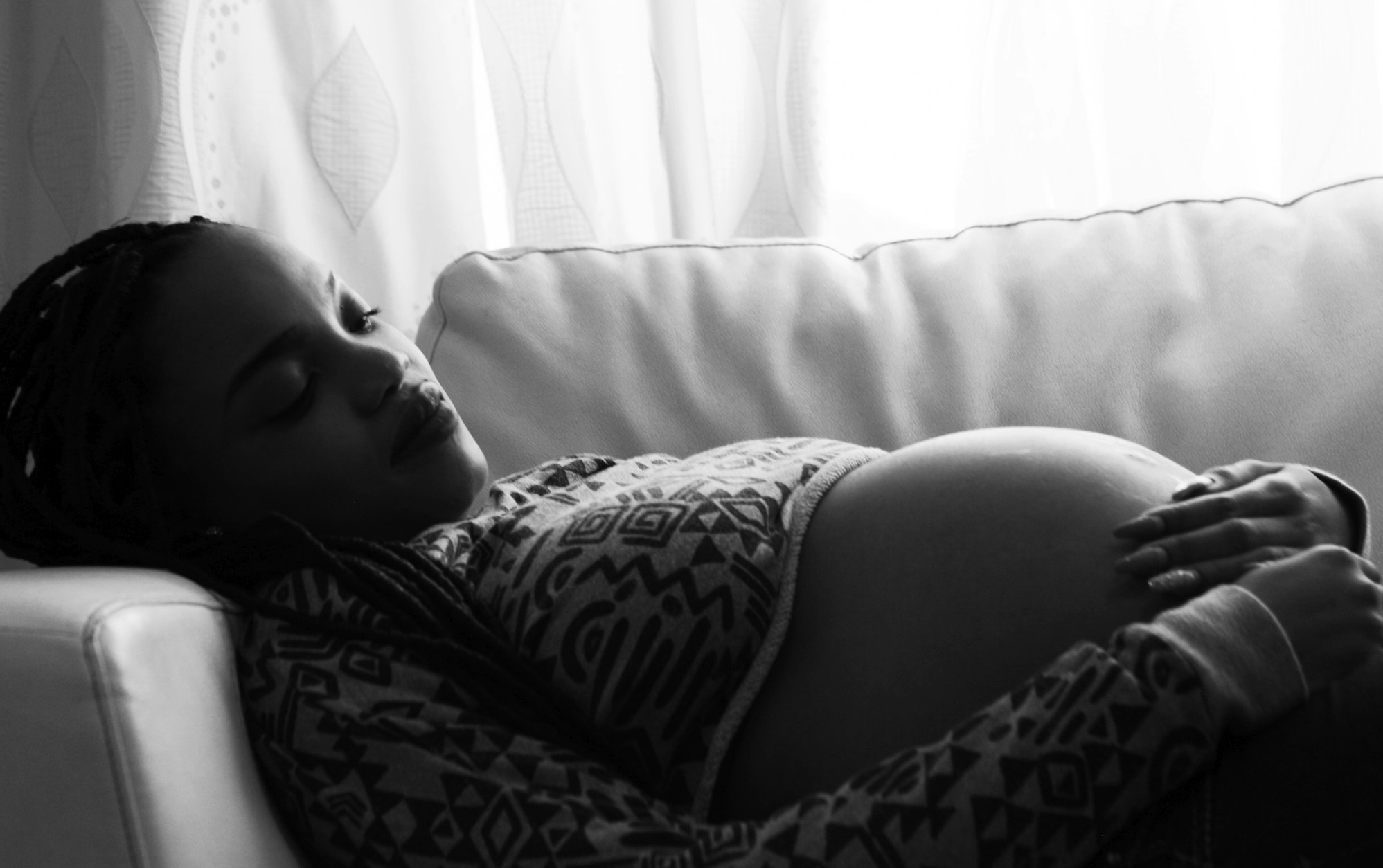
9 Fascinating Period Facts You Probably Didn’t Know
Christina HeiserYou’ve been getting your period forever, so you probably think you’re up on everything there is to know about your monthly cycle. But if we gave you a period pop quiz right now, how would you *really* do? Chances are there are a few menstruation facts that would totally stump you. That’s because your period isn’t such a cut-and-dry subject after all. Here are nine facts about your menstrual cycle that are sure to surprise you.
- You can expect to have more than 400 periods in your lifetime.
All those monthly visits from Aunt Flo sure do add up. As Deborah J. Lee, pharmacy, sexual, and reproductive healthcare specialist for Dr. Fox in the U.K., notes, the average person gets their first period at age 12—and the last one around the age of 51. That’s a whole lot of menstruating in between! In fact, according to an article published in The Lancet, most women have around 450 periods from puberty to menopause.

- You could use up to 15,000 pads and tampons during your menstruating years.
450 periods = a whole lot of pads and tampons. Research from the Rochester Institute of Technology reports that most women will use between 12,000 and 15,000 disposable sanitary products in their lifetime, leading to 250 to 300 pounds of waste per person. And, in case you hadn't already noticed, we are also facing a major tampon shortage these days.
The good news? These days, you have greener options. “There are a variety of reusable menstrual products [available], such as menstrual cups and reusable underwear and pads,” says Lee.
- You don’t actually bleed that much on your period.
While you’ll spend quite a bit of time bleeding in your life, the amount of blood you’ll lose isn’t all that much, really. According to the National Health Service, most women lose just six to eight teaspoons of blood per period.
- You absolutely can get pregnant on your period.
Yes, you’re most likely to conceive while you’re ovulating (a small, 24- to 48-hour window), but it’s not so simple. “The problem is that the human body is very fickle, and theoretically, a woman can get pregnant at any time,” Lee explains. It turns out sperm can live in your pelvis for seven days—and depending on the length and regularity of your cycle, this could lead to you getting pregnant on your period.
“If you had a short cycle, say, 21 days, you would be ovulating around day 7,” says Lee. “If your period lasts five to seven days and you have sex towards the end of the period, there could be live sperm present, even though you’ve been bleeding, at the time of ovulation.” Hence, the possibility you could get pregnant on your period.
Aimee D. Eyvazzadeh, MD, a California-based fertility specialist, says she has had many patients who’ve conceived on their periods. And if you’re actively trying to make a baby, Eyvazzadeh often recommends getting busy while you’re bleeding. The reason: As you get older, you start ovulating earlier and earlier in your cycle—so you’d need to have period sex to get pregnant at all.
- The “period” you get on hormonal birth control isn’t a period at all.
Prepare to have your mind blown: The bleeding you experience on the Pill isn’t a true period. “Birth control induces a fake period,” says Eyvazzadeh. “It’s fake only in that it’s hormonally induced and not a reflection of what’s going on with your own hormones.”
The bleeding you get while on hormonal BC is called withdrawal bleeding, says Lee. Withdrawal bleeding happens when you take your week of placebo pills and your level of hormones drops. This drop in hormones causes the lining of your uterus to shed—however, you’ll likely notice a lighter flow and less pain than you would from a typical period, says Lee.
Keep in mind that these days, there are plenty of extended pill regimes, adds Lee, so you don’t even have to experience a monthly bleed if you don’t want to.
- You probably won’t be able to sync your monthly cycle up with your bestie’s.
We hate to break it to you, but you and your sister, roomie, or BFF can’t actually sync up your cycles. “The largest study to date showed that this is a myth,” says Eyvazzadeh. The study, conducted by period-tracking app Clue, looked at 360 pairs of women with at least three cycles over a similar period.
The researchers analyzed their cycles and learned that 273 of the pairs had a larger difference in cycle start times by the end of the study, suggesting that cycles are more likely to deviate over time, rather than sync. The researchers also found that living together didn’t up the likelihood of syncing.
- Your period can cause your gums to hurt.
Some PMS symptoms are completely expected: bloating, cramps, moodiness. But there are a few unexpected issues that can arise before your period hits. One such complication? Sensitive gums.
“Gingivitis may be more common pre-menstrually, with painful swollen, and bleeding gums more noticeable at this time,” says Lee. According to a study published in the Journal of Periodontology, it’s the fluctuation of estrogen and progesterone during your cycle that’s to blame for this.
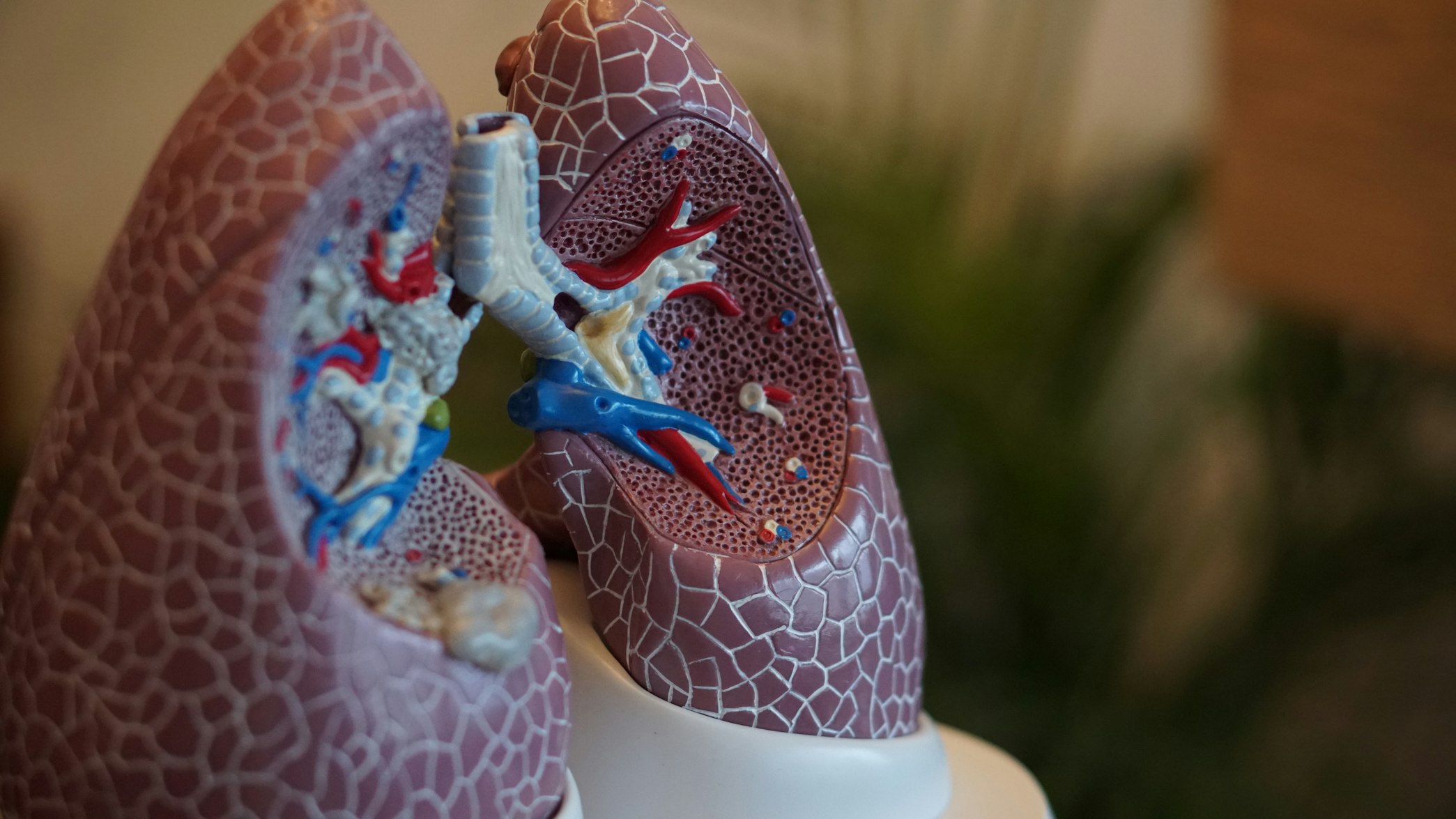
- Your period can also make your asthma worse.
Gingivitis isn’t the only strange PMS symptom you could experience leading up to your monthly flow. “Approximately 50% of women with asthma say their symptoms worsen in the days before their period is due,” says Lee.
A study published in the journal Multidisciplinary Respiratory Medicine hypothesizes that the fluctuation in estrogen that happens during your cycle could worsen asthma. After looking at lots of data, the researchers noticed that estrogen increased sensitivity to allergens and airway-narrowing stimuli.
9. The later in life you get your first period, the longer you’re likely to live.
Do you remember how old you were when you got your first period? If you didn’t start menstruating until after you were 12, then you’re in serious luck: According to a study from the University of California - San Diego, women who got their first periods at age 12 or older and experienced menopause at age 50 or older had higher odds of living to 90 years old.
The researchers note that the women in the study who started menstruating later were less likely to have coronary heart disease, while those who entered menopause later in life were more likely to be in great health. One explanation: These women were less likely to be smokers, a habit that can damage your heart and ovaries, leading to earlier menopause and worse health.

